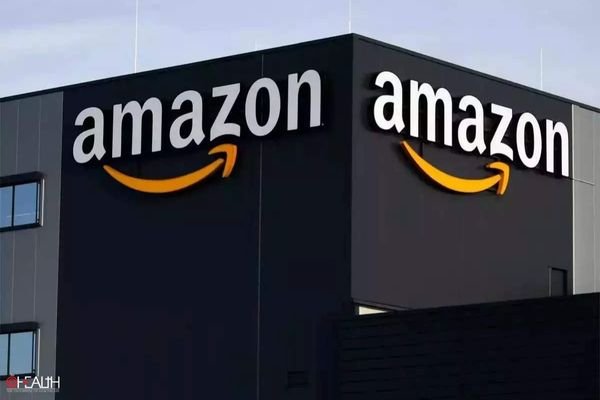Starting an Amazon FBA business requires careful planning, especially when it comes to finding trustworthy suppliers. The internet offers numerous platforms where you can find potential suppliers. Supplier directories and business-to-business marketplaces are excellent starting points. Before committing to any supplier, thoroughly check their business history, customer reviews, and previous work experience. A reputable Amazon agency can help you navigate these platforms and verify supplier credentials. Take time to research multiple suppliers and compare their prices, minimum order quantities, and shipping terms.
Building relationships through trade shows
Trade shows provide unique opportunities to meet suppliers face-to-face. You are able to see products in person, discuss business terms directly with potential partners, and create stronger relationships at these events by demonstrating the latest products and manufacturing capabilities of many suppliers. There is an opportunity for you to ask detailed questions about the way products are manufactured and how quality control is handled. Remember to collect business cards and maintain contact with promising suppliers after the show.
Communication and negotiation strategies
Clear communication is essential when working with suppliers. Establish regular contact methods and set expectations about response times. Discuss important details like pricing, production timelines, and shipping arrangements upfront. Be professional but firm in your negotiations.
Shipping and logistics
Good suppliers should have experience with international shipping and understand Amazon FBA requirements. They should know how to label and package products according to Amazon’s guidelines properly. Discuss shipping costs, delivery times, and handling procedures early in your discussions. The best way to ensure your product is delivered to Amazon warehouses on time is to work with an Amazon Agency that specializes in logistics.
Payment terms and financial security

From the beginning, establish clear payment terms with your suppliers. Many suppliers require deposits or minimum order values. Understand their payment methods and choose secure options to protect your investment. Invest in smaller orders first to build trust before purchasing larger items. Keep detailed records of all financial transactions and maintain a healthy cash flow for your business.
Long-term supplier relationships
Building long-term relationships with reliable suppliers can benefit your Amazon FBA business greatly. Loyal suppliers often offer better prices, priority production slots, and more flexible terms. In order to strengthen these relationships, regular communication and timely payments are necessary.
Managing supplier risks
Diversify your supplier base to reduce risks. Having backup suppliers ensures your business continues running smoothly if one supplier faces problems. A regular review of supplier performance is necessary, and issues should be addressed immediately. Keep track of market changes that might affect your suppliers, such as raw material costs or shipping rates. An experienced Amazon agency can help you develop strategies to manage these risks effectively.
A reliable supplier is one of the most important factors for the success of your Amazon FBA business. Take time to research thoroughly, build strong relationships, and maintain clear communication channels. When planning your Amazon FBA business, remember that creating a reliable supplier network is a lengthy process, but it is worth it in the long run. Building a strong foundation for your Amazon FBA business is possible with careful planning and proper management. A trustworthy supplier relationship can help you create a successful business.

